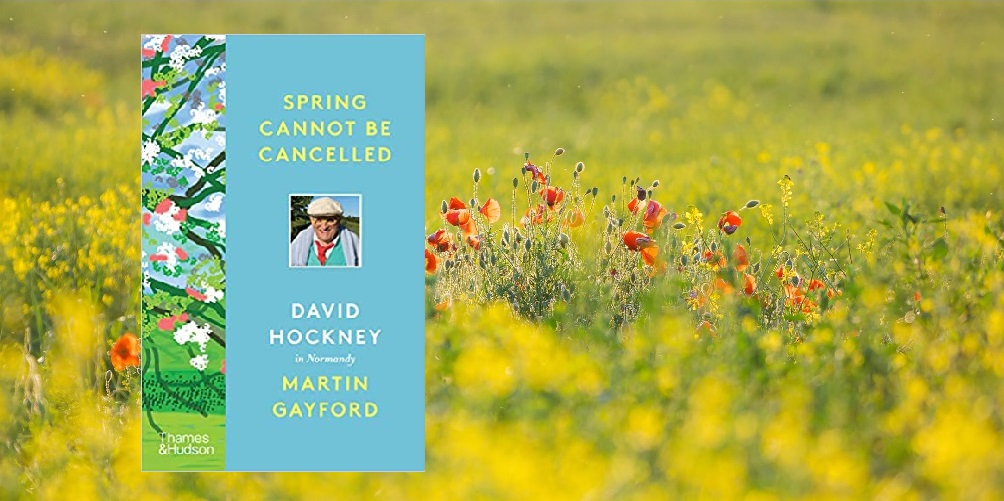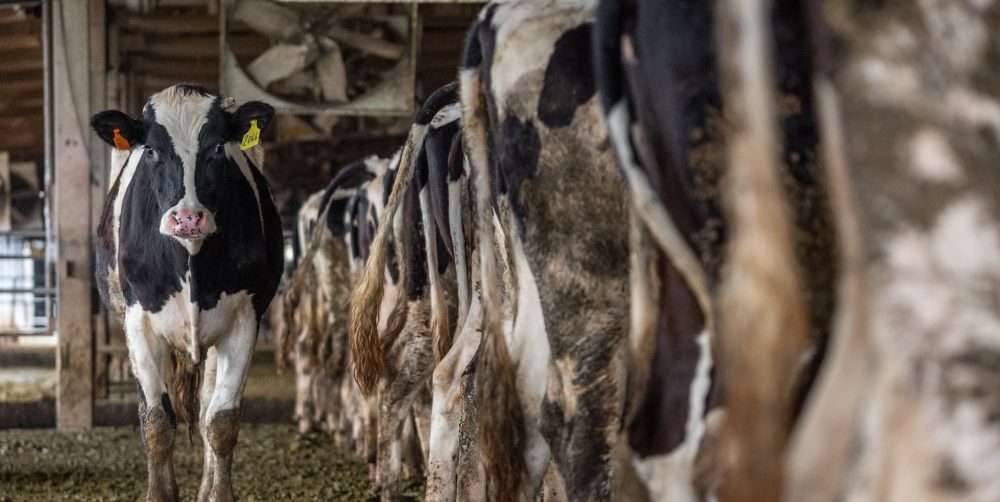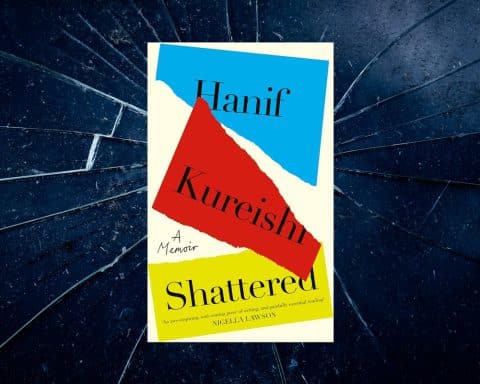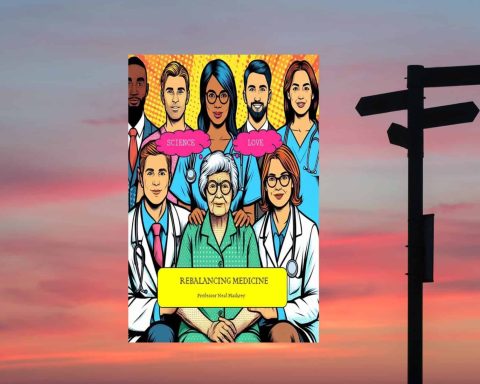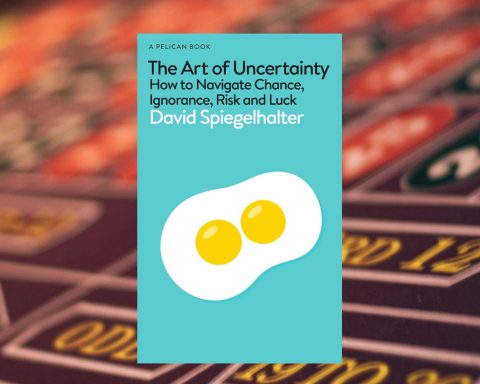 Roger Jones is Emeritus Professor of General Practice, King’s College, London, and the immediate past Editor of the BJGP.
Roger Jones is Emeritus Professor of General Practice, King’s College, London, and the immediate past Editor of the BJGP.
Martin Gayford is an art critic and historian who has known David Hockney for over twenty years. In 2010 Gayford published Man with a blue scarf, a fascinating exploration of painting and the lives and work of artists, based around conversations during the 250 hours he spent sitting for his portrait by Lucien Freud. In Spring cannot be cancelled, a series of email and telephone exchanges between Hockney and Gayford during most of the lockdown period of the pandemic forms the skeleton of an arresting and entrancing account of Hockney at work in Normandy, and both men’s reflections and ruminations on some of the big, and not so big, questions in the visual arts.
Visiting Normandy with his long-standing studio assistant and friend J-P (Jean-Pierre Goncalves de Lima), Hockney was captivated by a sunset at Honfleur, at which he gazed for three hours. He decided to rent a property there – the light, an escape from ‘mean spirited’ England, and from Los Angeles, where there is nowhere to smoke, are all possible motives. A few days later he had bought Le grand cour, a traditional Norman farmhouse in four acres of fields and orchards, with a pond, a river, and a barn which was converted into Hockney’s studio. The 83-year-old artist then launched into a sustained period of astonishing creativity, painting for hours every day, often using an iPad which he had started to experiment with in 2010, sending emails and copies of his work to Gayford and other friends, sometimes twice a day, capturing every change in foliage, weather, blossom, the sky, and the river in the beautiful surrounding Norman countryside.
Gayford and Hockney engaged in an extended, relaxed and warm correspondence and exchange of ideas over this period. Just as he did quite masterfully in the Lucien Freud book, Gayford has picked up thoughts and ideas about technique, or subject, or art history and developed them into fascinating disquisitions, ranging across a huge range of art and literature. The result is an enormously enjoyable, beautifully illustrated and life enhancing book, a thing of beauty in itself, and a powerful reminder of the limitations of digital literature.
An enormously enjoyable, beautifully illustrated and life enhancing book, a thing of beauty in itself.
In the spring of 2020 Hockney’s vivid iPad drawings appeared on the front pages of newspapers and on the BBC news. They seemed to represent a source of hope and solace to a fearful public. The electronic medium, of which Hockney is a peerless exponent, seems right for this present curious virtual world. It is a wonder that this grand old man of painting should be blazing a trail like this, yet he seems tireless. He loves to work, and among the book’s many memorable epigrams are, paraphrasing Noel Coward “Work is more fun than fun”, and Alfred Hitchcock’s “All work made Jack”. Hockney thought it was Degas who said, “I’m just a man who likes to draw” – “Well, that’s me – I’m just a man who likes to draw.”
Featured book
Spring cannot be cancelled: David Hockney in Normandy. Martin Gayford. Pub Thames and Hudson 2021, £25. ISBN-13 : 978-0500094365
Featured photo by Andreea Popescu on Unsplash

